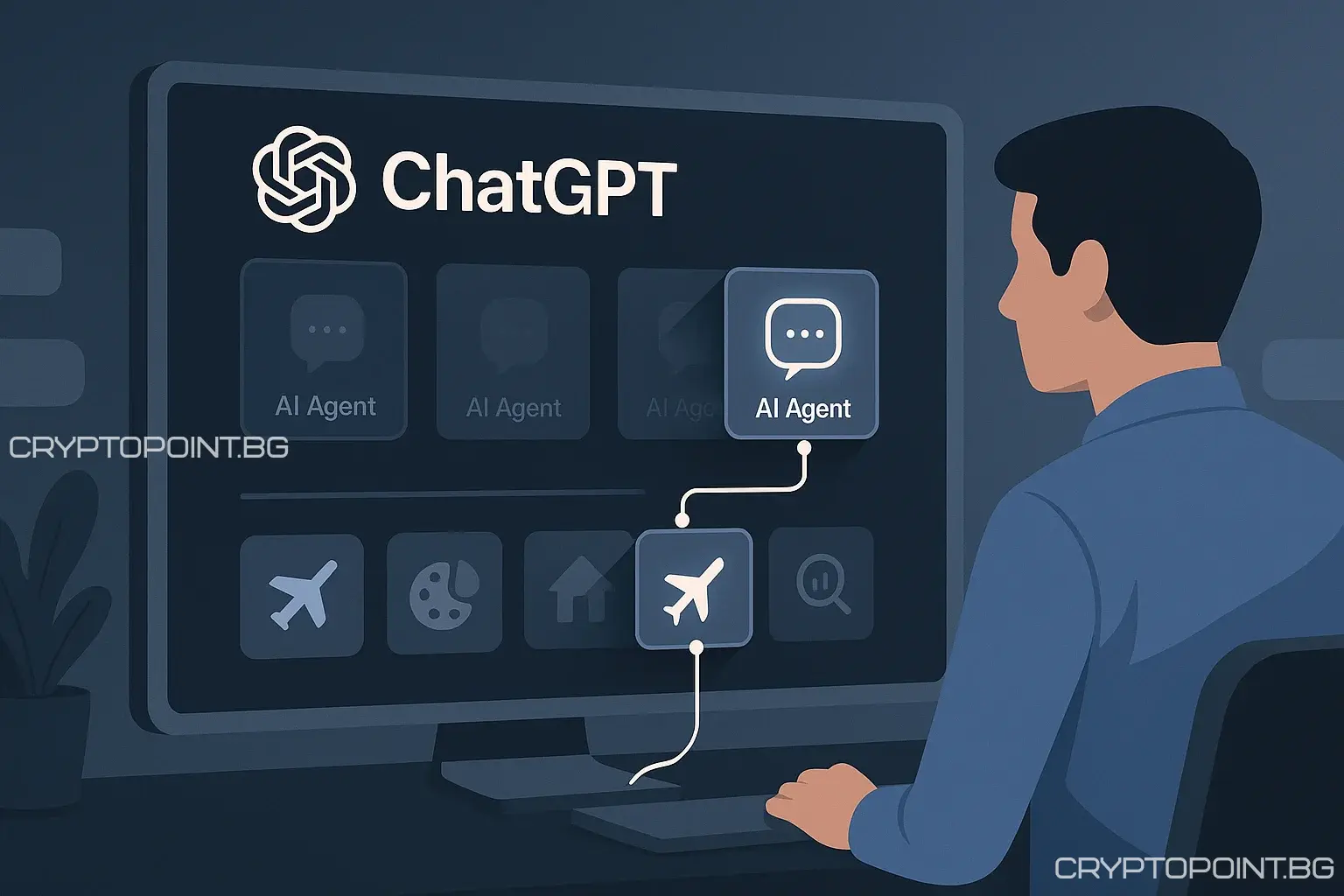
- OpenAI Turns ChatGPT into an App Platform with SDK and Autonomous AI Agents
- From Chatbot to Platform
- The Vision Behind the Platform
- App SDK — Platform Gravity
- AgentKit — Visual Interface for Autonomous Agents
- Risks: UX Chaos and Limitations
- Developer News: Codex Fully Available
- Safety and Personalization
- Conclusion
OpenAI Turns ChatGPT into an App Platform with SDK and Autonomous AI Agents
At DevDay 2025, OpenAI unveiled its App SDK and AgentKit — a major leap turning ChatGPT from a chatbot into a full-scale AI application platform.
From Chatbot to Platform
During the annual DevDay 2025 conference, OpenAI introduced two major innovations: the App SDK and AgentKit, shifting ChatGPT from a simple assistant to a platform where apps and autonomous agents run directly inside conversations.
With the App SDK, developers can now build interactive applications inside ChatGPT, using natural language, API calls, and structured outputs. Examples include:
- Booking via Expedia
- Graphic design with Canva
- Real estate search via Zillow — all within chat
The AgentKit introduces a visual drag-and-drop builder for autonomous AI agents capable of making decisions, pulling data, and executing tasks in real-time.
The Vision Behind the Platform
“If the world already runs on apps, we’re bringing them directly into GPT”
— said Sam Altman in the opening keynote.
OpenAI’s goal: keep users and developers within the ChatGPT ecosystem, making competitors like Google, Anthropic, and Meta less appealing.
App SDK — Platform Gravity
App SDK includes:
- API integration with authentication and permissions
- Semantic routing — ChatGPT automatically delegates tasks (e.g. to Zillow for real estate)
- Monetization through usage tiers and partner programs
With over 200 million users, OpenAI offers developers a massive built-in market to build for — directly inside ChatGPT.
AgentKit — Visual Interface for Autonomous Agents
AgentKit includes:
- Agent Builder (visual agent editor — beta)
- ChatKit (chat UI integration — available now)
- Evals (agent performance testing tools)
- Connectors (Dropbox, Google Drive, SharePoint, etc.)
Inspired by tools like n8n, but with a key difference — it’s locked exclusively to OpenAI models. Developers cannot use competing model APIs.
“OpenAI just killed n8n”
— commented one X user, highlighting both convenience and lock-in of the new platform.
Risks: UX Chaos and Limitations
Opening ChatGPT to third-party developers revives some old concerns:
- Who moderates apps? The OpenAI review process remains opaque.
- What if apps overlap in functionality? ChatGPT must decide which to activate.
Developer News: Codex Fully Available
OpenAI has also officially released Codex (GPT-5 for code). Since August 2025, its usage has grown 10x, processing over 40 trillion tokens in just 3 weeks.
Codex now integrates with Slack, where developers can use @Codex to automate tasks, spin up environments, and fetch code solutions.
OpenAI reports internal usage of Codex has led to:
- 70% more pull requests merged per week
- Automatic code reviews for nearly all PRs
Safety and Personalization
The platform includes:
- Open-source Guardrails libraries (Python and JavaScript)
- Reinforcement Fine-Tuning for models like o4-mini and GPT-5 (in private beta)
- Custom tool calls and graders for agent quality
Conclusion
With the introduction of App SDK and AgentKit, OpenAI officially positions ChatGPT as a platform — a superapp and reasoning OS. While it brings a new wave of functionality, it also presents challenges in openness, developer competition, and user interface clarity.
Frequently Asked Questions
Find answers to the most common questions below.
The App SDK is a development toolkit that allows developers to build fully interactive applications inside ChatGPT using natural language, APIs, and structured outputs — all without leaving the chat interface.
AgentKit is a visual development tool that lets users build autonomous AI agents using a drag-and-drop interface. These agents can perform tasks, retrieve data, and make decisions independently.
Yes. OpenAI enables monetization via usage tiers and affiliate programs, allowing developers to earn revenue from apps built within ChatGPT.
Codex is OpenAI’s code-specialized model (based on GPT-5), now fully available. Developers can use it inside Slack, GitHub, and other platforms to generate code, automate reviews, and streamline pull requests.
Yes. Unlike open automation tools like n8n, OpenAI’s ecosystem is closed — developers cannot use third-party models via API within App SDK or AgentKit.
This article is for general informational purposes only and is not intended to be, and should not be construed as, legal or investment advice. Crypto-assets are highly volatile, so only invest funds that you are willing to lose and use your own research and risk management.

